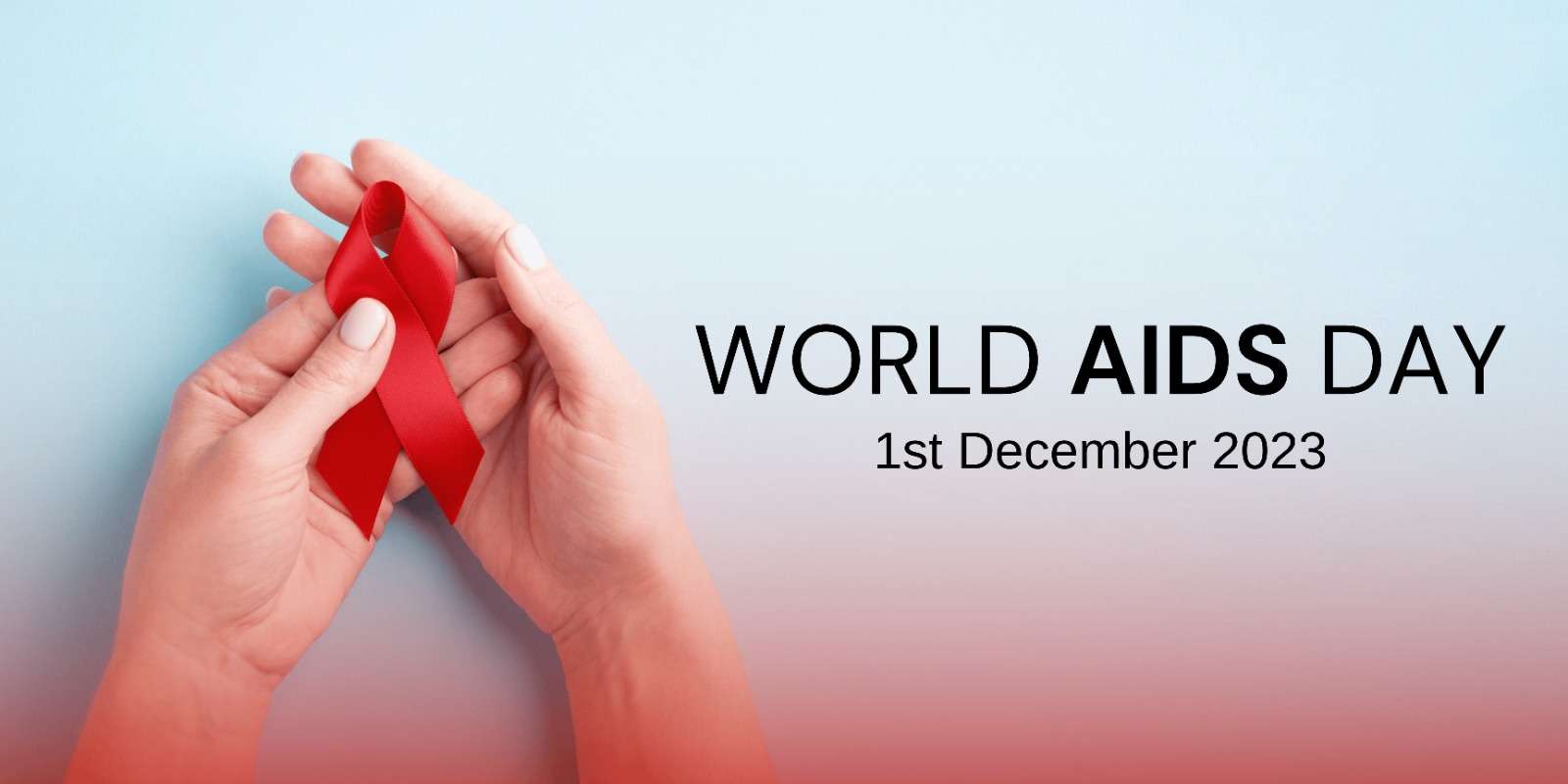World Aids Day

In a world fraught with various health challenges, one day stands out as a global reminder of the ongoing battle against a formidable adversary – AIDS. World AIDS Day, observed on December 1st each year, serves as a poignant reminder of the journey we have undertaken in understanding, treating, and preventing the spread of the Human Immunodeficiency Virus (HIV). This day not only honors those who have lost their lives to AIDS-related illnesses but also amplifies the collective effort to eradicate the epidemic. For UPSC aspirants, understanding the nuances of this global health issue is crucial, as it not only affects individuals but has profound implications for the overall well-being of societies.
History of World AIDS Day
The inception of World AIDS Day dates back to 1988 when it was first conceived by the World Health Organization (WHO) in collaboration with the United Nations. The primary goal was to raise awareness about the AIDS pandemic, express solidarity with those affected, and mobilize support for prevention and treatment initiatives. December 1st was chosen to commemorate the date of a meeting in 1988 where health ministers from around the world pledged their commitment to tackle the HIV/AIDS crisis.
Significance of the Day
World AIDS Day holds immense significance as a platform to unite people globally in the fight against HIV/AIDS. It is an opportunity to show support for those living with HIV, commemorate those who have died, and mobilize efforts to end the epidemic. The day emphasizes the importance of education, awareness, and understanding of the disease, fostering compassion and empathy.
Theme of World AIDS Day
Each year, World AIDS Day adopts a specific theme to direct attention towards critical aspects of the HIV/AIDS crisis. Themes range from focusing on prevention, treatment, and care to addressing issues like stigma and discrimination. The annual theme serves as a guidepost for the activities and discussions held on this day.
Importance of the Day for UPSC Aspirants
For UPSC aspirants, an understanding of global health issues is indispensable. World AIDS Day encapsulates various dimensions relevant to the UPSC syllabus, including public health, international relations, and social issues. Aspirants must comprehend the historical context, significance, and evolving dynamics of the global response to HIV/AIDS.
Awareness of AIDS among the People
Creating awareness about AIDS is a crucial aspect of combating the epidemic. Individuals must be educated about the modes of transmission, preventive measures, and the importance of early detection. UPSC aspirants should be cognizant of the role public awareness plays in shaping government policies and health programs.
Protective Measures
Understanding and promoting protective measures against HIV transmission is pivotal. Safe practices, use of condoms, and access to healthcare services contribute significantly to prevention. UPSC aspirants should be aware of the role public health policies play in ensuring access to information and resources for vulnerable populations.
Global Statistics of AIDS
A grasp of global statistics related to AIDS is essential for UPSC aspirants. Knowledge of prevalence rates, regional disparities, and trends over the years provides valuable insights into the global health landscape. Aspirants should be prepared to analyze and interpret data to inform policymaking.
Stigma and Discrimination against the Infected
Addressing the stigma and discrimination associated with HIV/AIDS is paramount. UPSC aspirants should understand the social, economic, and health implications of stigma and discrimination and be equipped to propose strategies to combat these challenges.
Global Unity in the Fight against AIDS
World AIDS Day serves as a testament to the power of global unity in addressing health crises. The collaboration of governments, NGOs, and international bodies is essential for an effective response. UPSC aspirants should appreciate the interconnectedness of global health issues and the significance of collaborative efforts.
Conclusion
World AIDS Day is not merely a commemoration but a call to action, urging the world to intensify its efforts to eliminate HIV/AIDS. For UPSC aspirants, the day offers a multifaceted perspective on the intersection of health, society, and governance. As they prepare to contribute to the public service, understanding the complexities of global health challenges like AIDS is paramount. With knowledge, empathy, and a commitment to inclusivity, aspirants can play a vital role in shaping policies that aim to create a healthier and more equitable world.
Key points
- History of World AIDS Day
- Initiated in 1988 by WHO and the UN.
- Aims to raise awareness, show solidarity, and mobilize support against HIV/AIDS.
- Significance of the Day
- Honors those affected by AIDS.
- Mobilizes global efforts for prevention and treatment.
- Theme of World AIDS Day
- The annual theme guides activities and discussions.
- Focuses on crucial aspects like prevention, treatment, and addressing stigma.
- Importance for UPSC Aspirants
- Integral for understanding global health issues.
- Relevant to UPSC syllabus, covering public health and international relations.
- Awareness of AIDS
- Crucial for combatting the epidemic.
- Education about transmission, prevention, and early detection is vital.
- Protective Measures
- Encourages safe practices.
- Advocates for condom use and access to healthcare services.
- Global Statistics of AIDS
- Knowledge of prevalence rates, regional disparities, and trends is essential.
- Helps in analyzing and interpreting data for policymaking.
- Stigma and Discrimination
- Addressing social, economic, and health implications is crucial.
- Strategies are needed to combat stigma and discrimination.
- Global Unity
- Highlights the power of collaboration.
- Governments, NGOs, and international bodies must work together for an effective response.
- Conclusion
- World AIDS Day is a call to action.
- Aspirants can contribute by understanding global health challenges and advocating for inclusive policies.
Tags:
Best teachers in every subject.
Let’s get started
We can teach you anything
